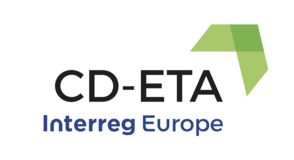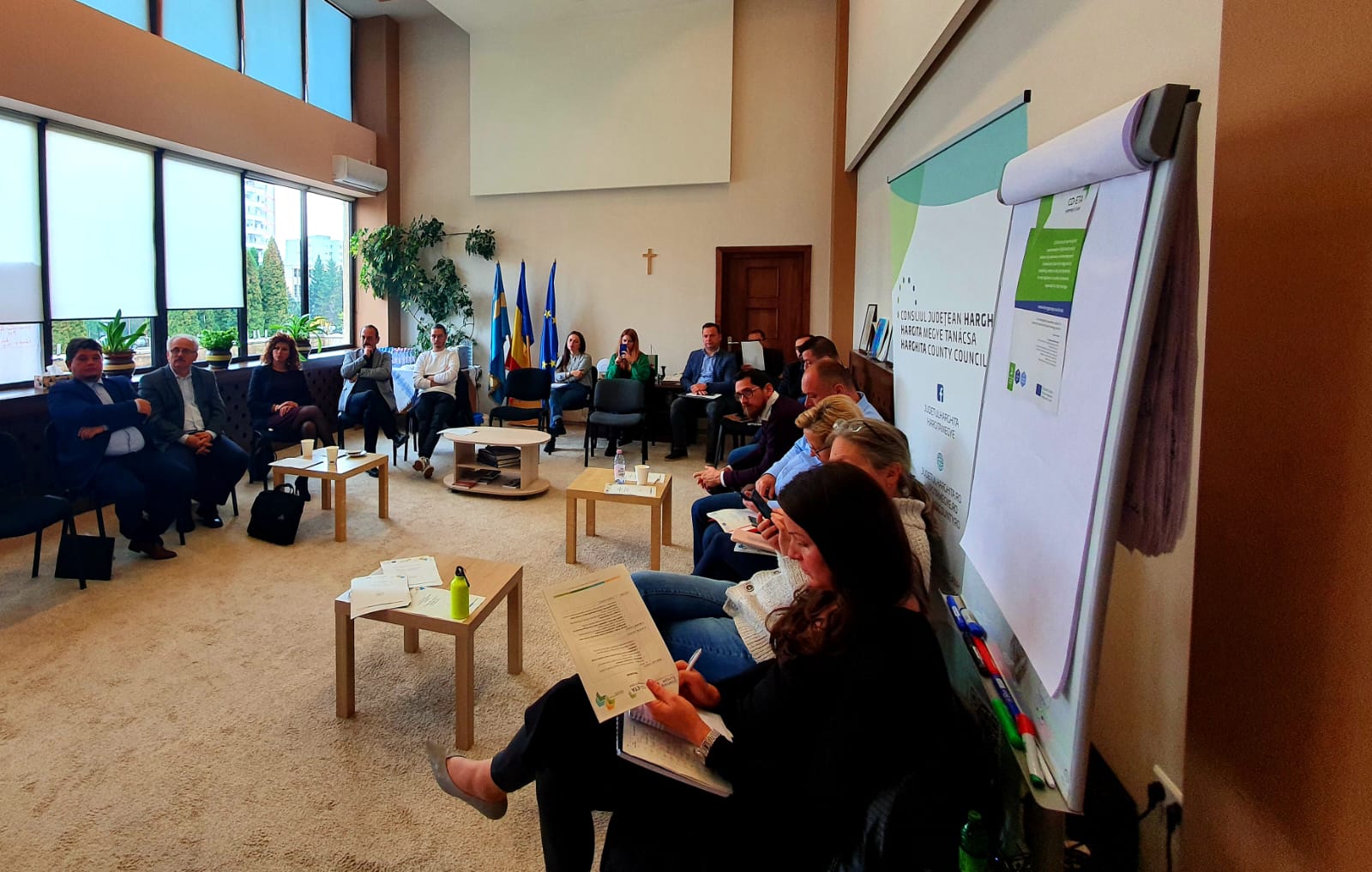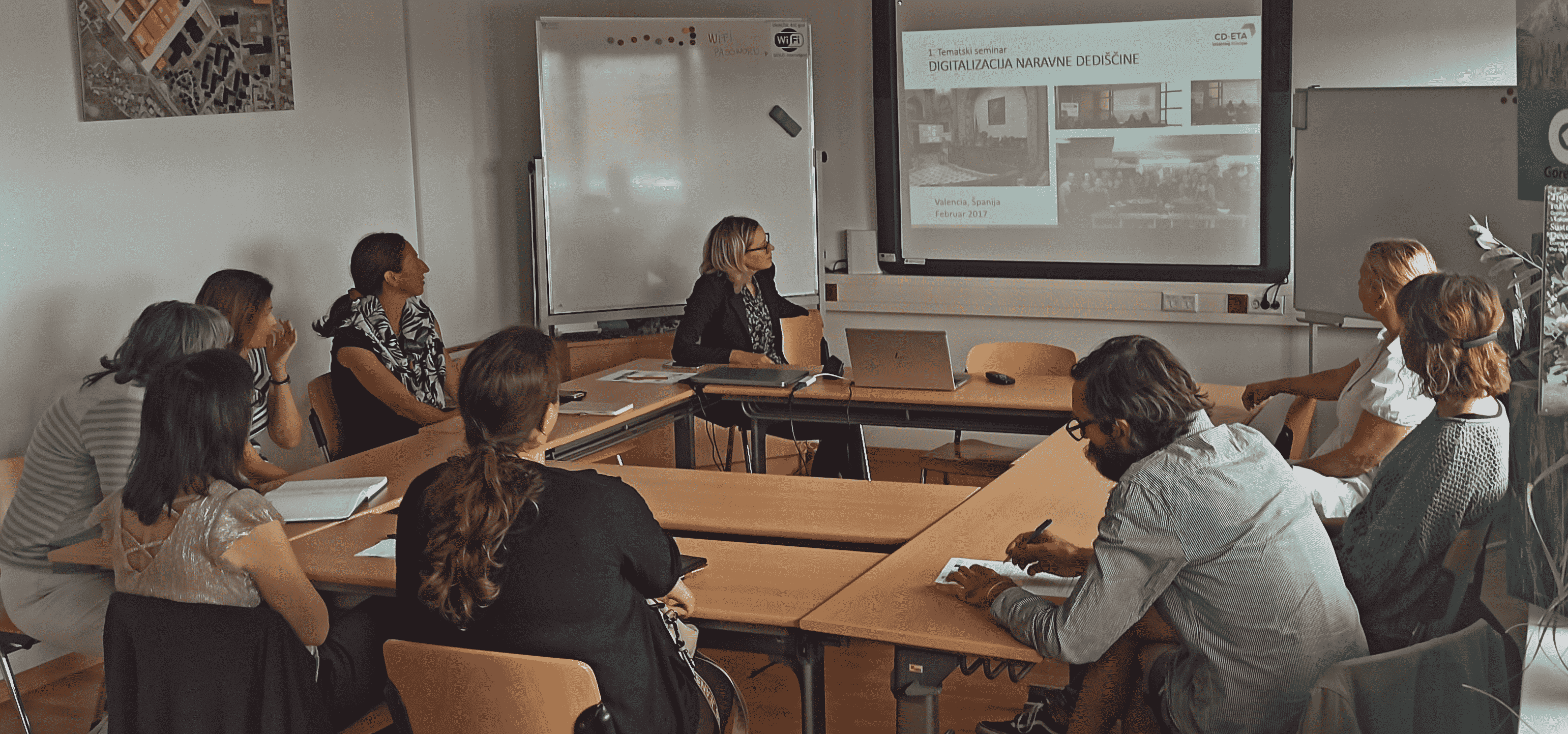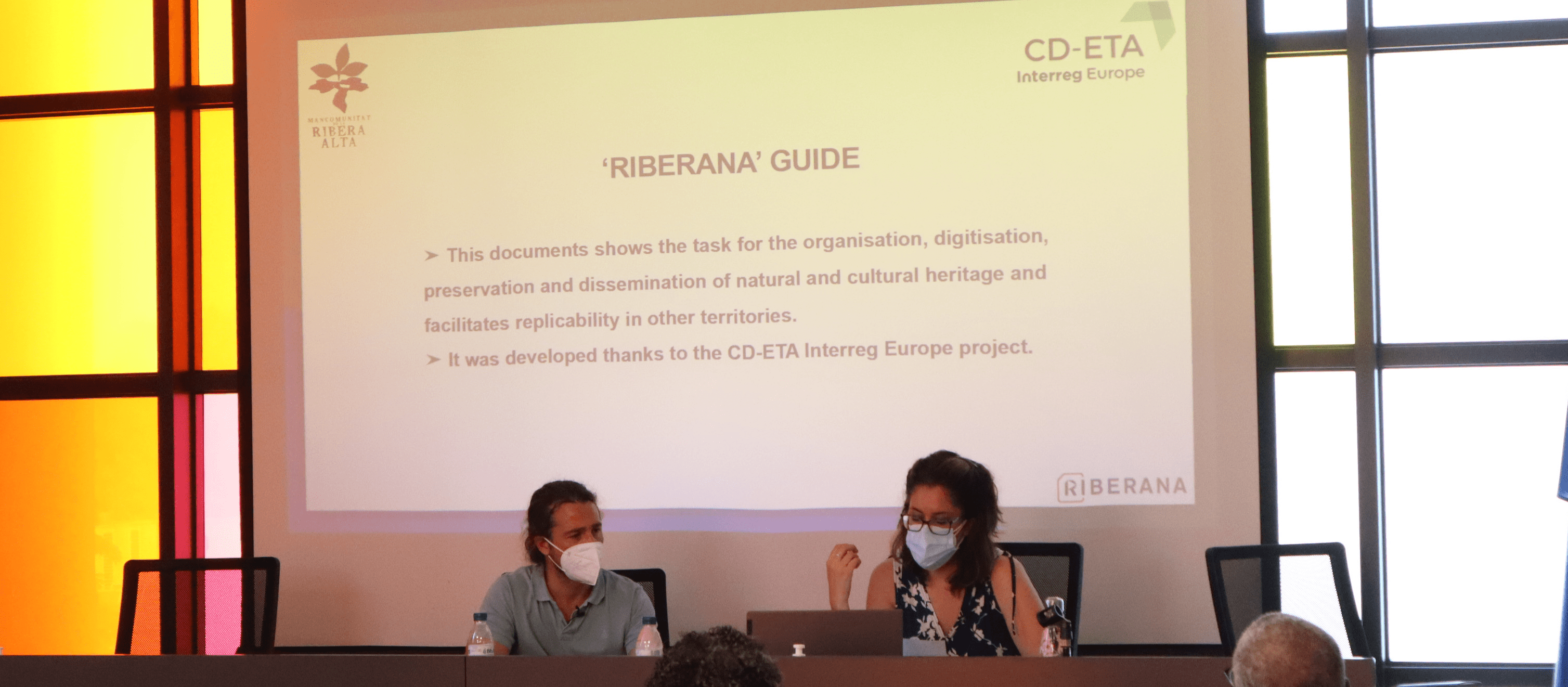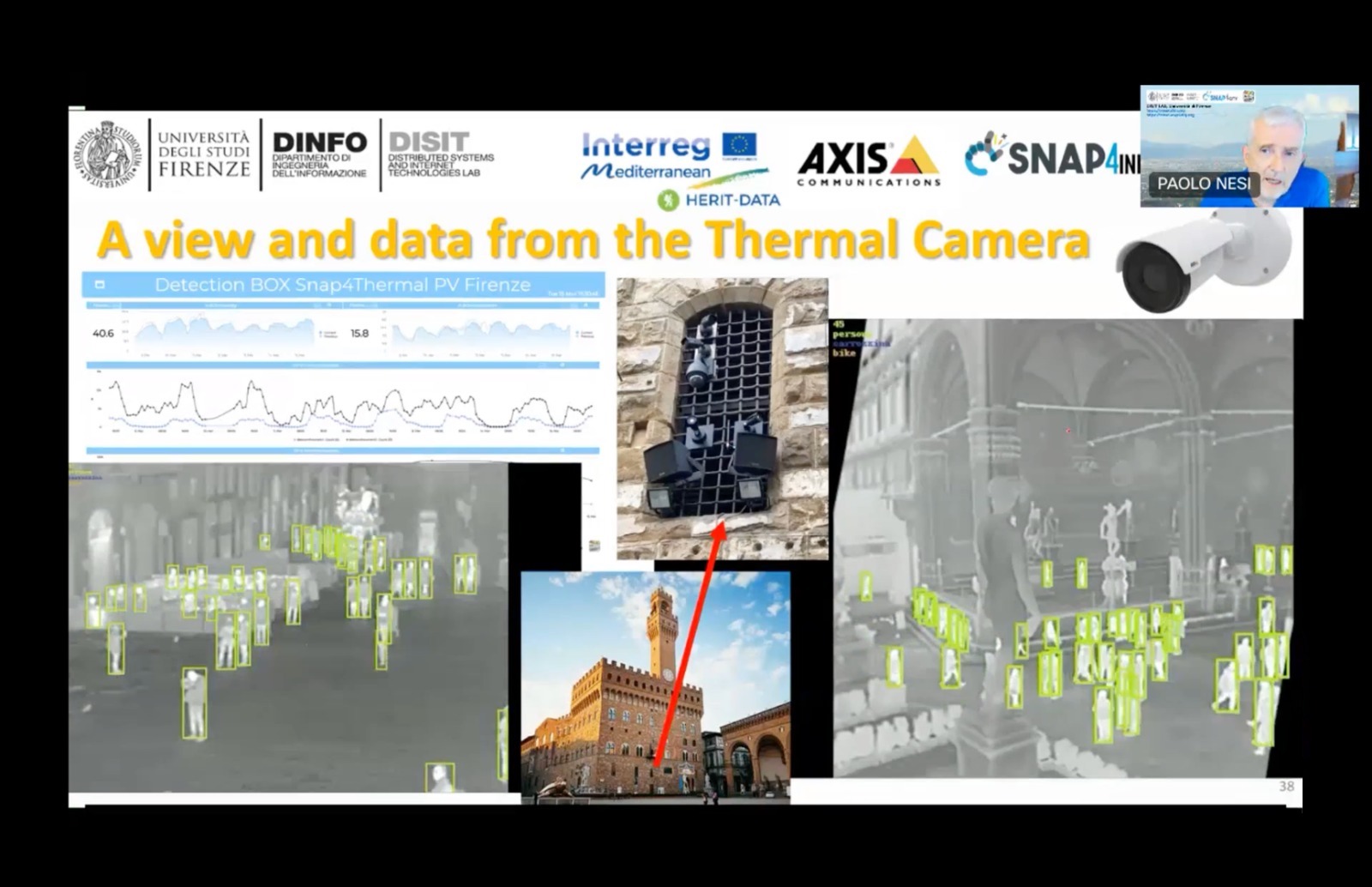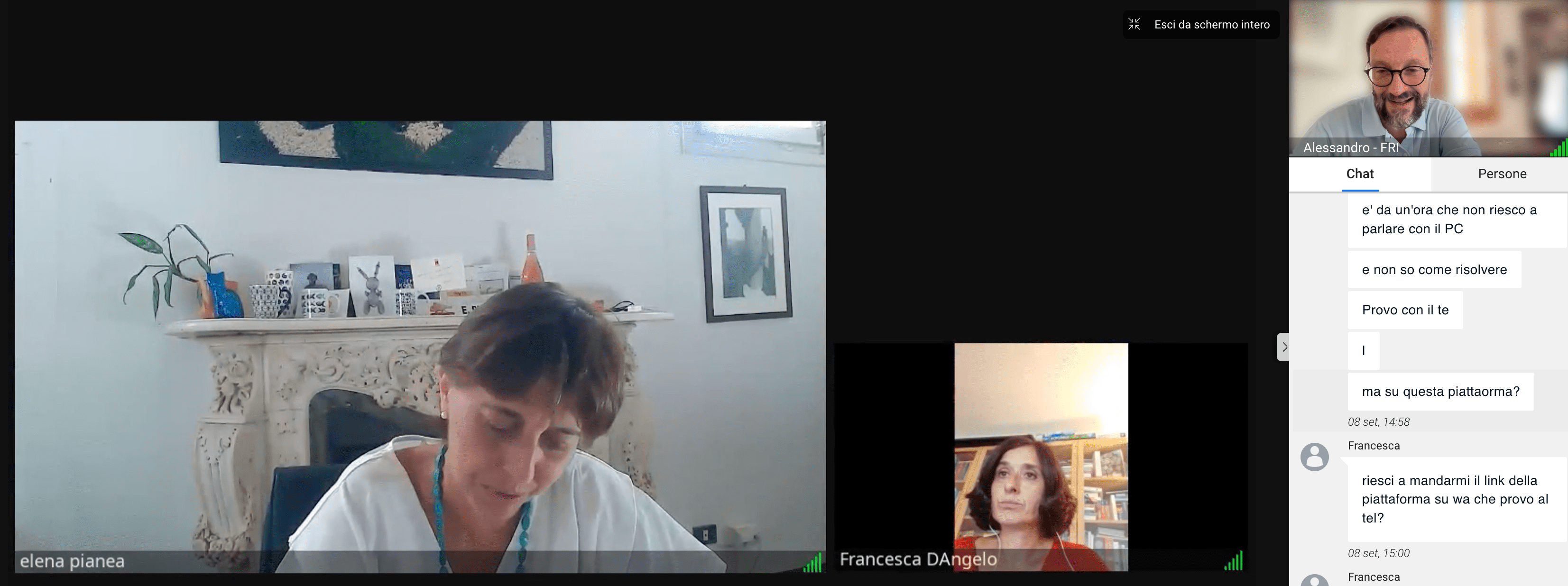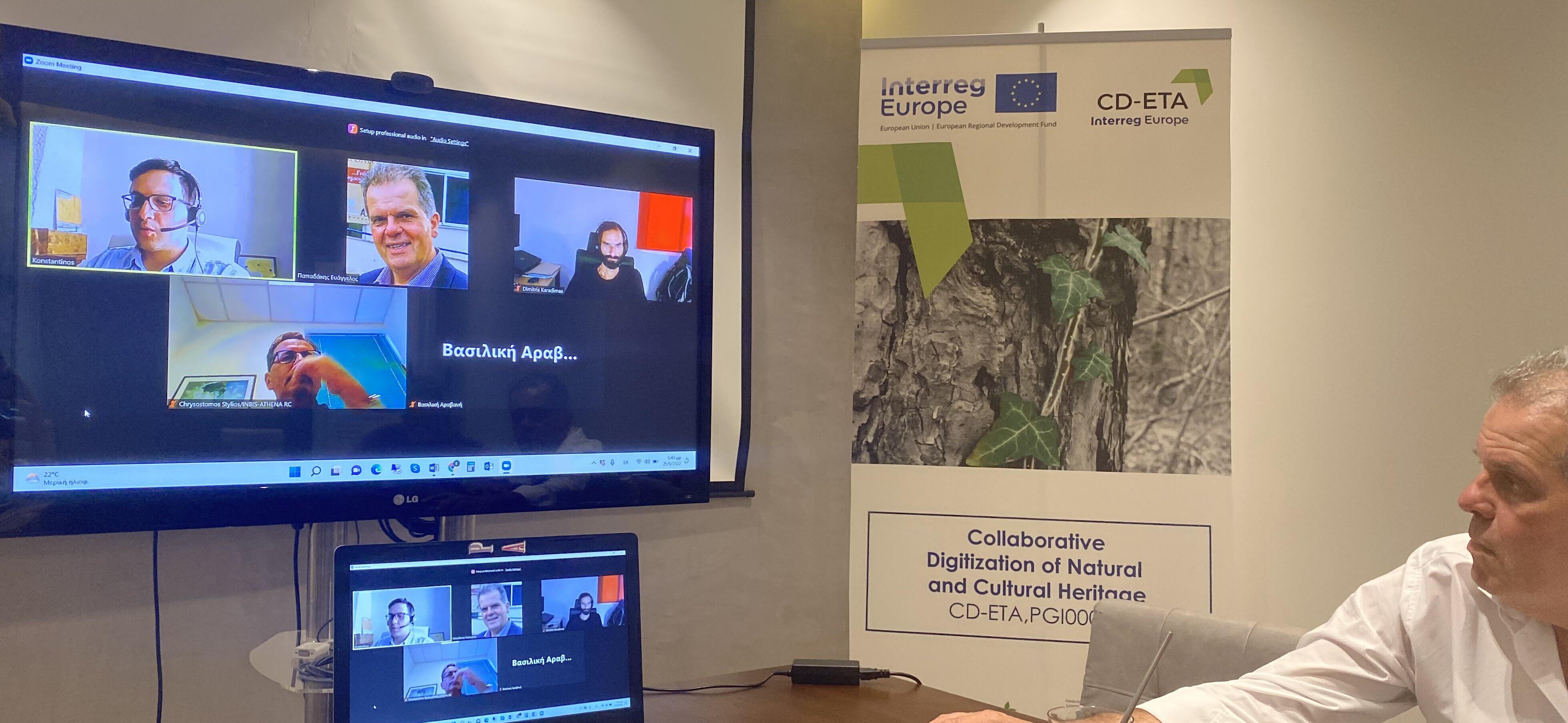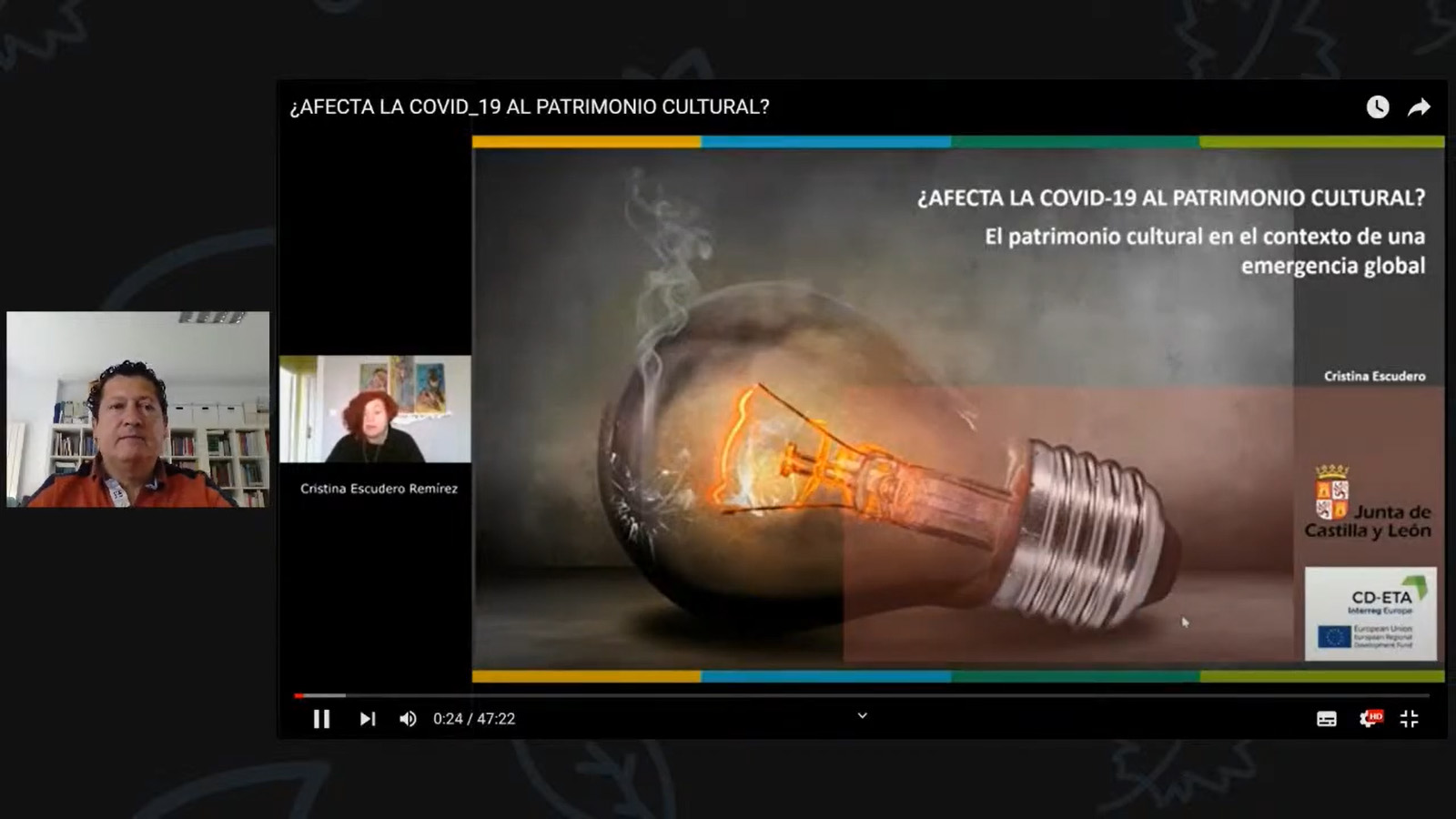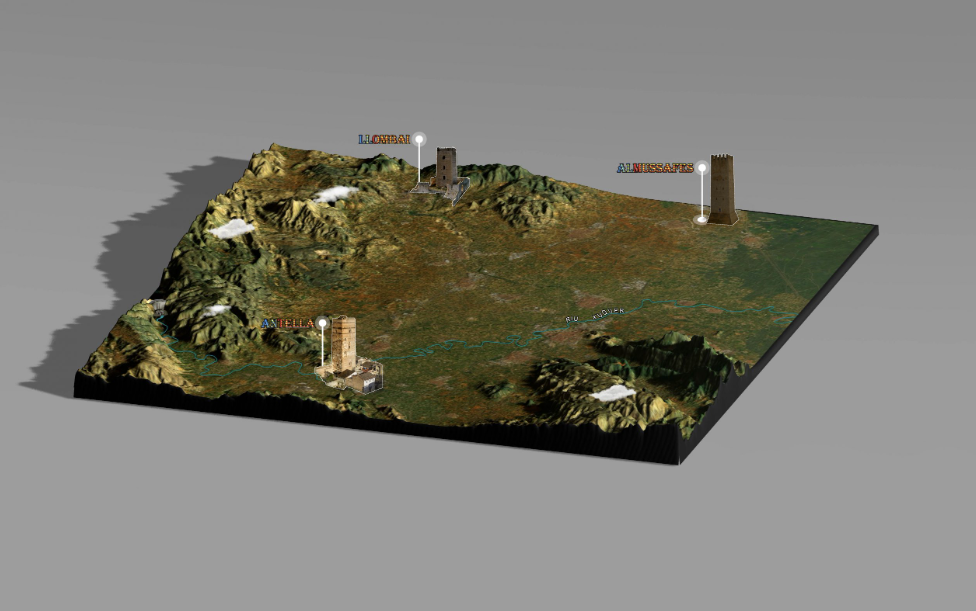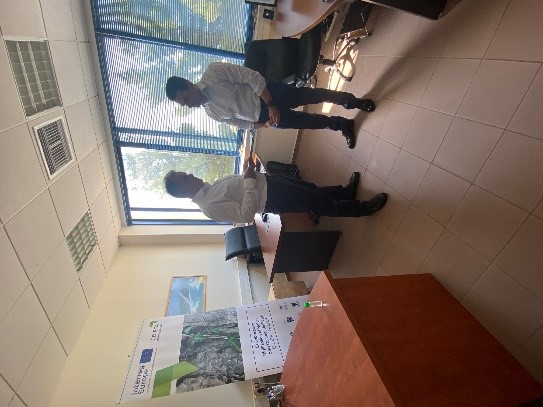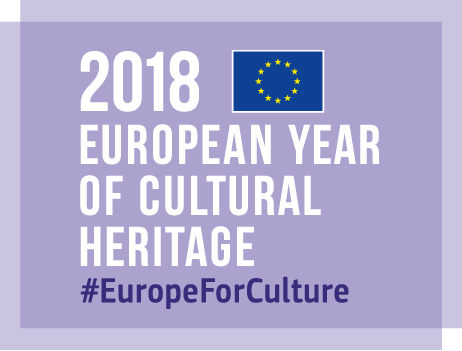The third Western Greece stakeholders’ working group meeting, that are directly or indirectly related to the natural &cultural heritage of the region, was organized within the premises of Patras Archeological Museum, on Friday 17th of March 2017, by the Department of Environment and Natural Resources Management of University of Patras, which participates as partner in the project «Collaborative Digitization of Natural and Cultural Heritage, CD-ETA», Programme “INTERREG EUROPE".
Prof. Vagelis Papadakis, Project Manager of CD-ETA, presented the progress of the project, the highlights and main conclusions of the 1st Thematic Seminar: “Digitization of Natural Heritage”, which was organized in Valencia, on February 2017. Prof. Papadakis presented the good practices of digitization on natural heritage that have already been implemented and applied by the project partners Additionally, he recommended landscapes of significant beauty from the Region of Western Greece that could be digitized (Lagoon of Mesolongi, Waterland of Katochi-Strofilia area, National Park of Chelmos-Vouraikos and underwater natural heritage, as shipwrecks of Patraikos Gulf and coral colonies).
In continue, Mr. P. Papadatos, member of CD –ETA research team, presented examples of digitization of Museums and Galleries from Greece and abroad, which is the theme of the 2nd Thematic Seminar that will be organized in Florence the forthcoming May. Mrs. E. Arvaniti, presented the structure of the Action Plan, which is the main deliverable of the project. In the Action Plan, will be depicted the experiences, lesson learnt and new knowledge gained through the entire project’s activities (thematic seminars, exchange of good practices, interregional and training workshops etc). Additionally, in the Action plan will be recorded the suggestions on behalf of the research team and the stakeholders in order to form a concreate plan addressed to the region of Western Greece, the responsible body for the management of the policy tool in order to be promoted initiatives for the digitization of natural and cultural heritage in Western Greece.
After the end of the presentations, the stakeholders exchange ideas and opinions about regional sites that can potentially be digitalized as well as the benefits deriving from such initiatives, such as attraction of tourists, social and economic development.
